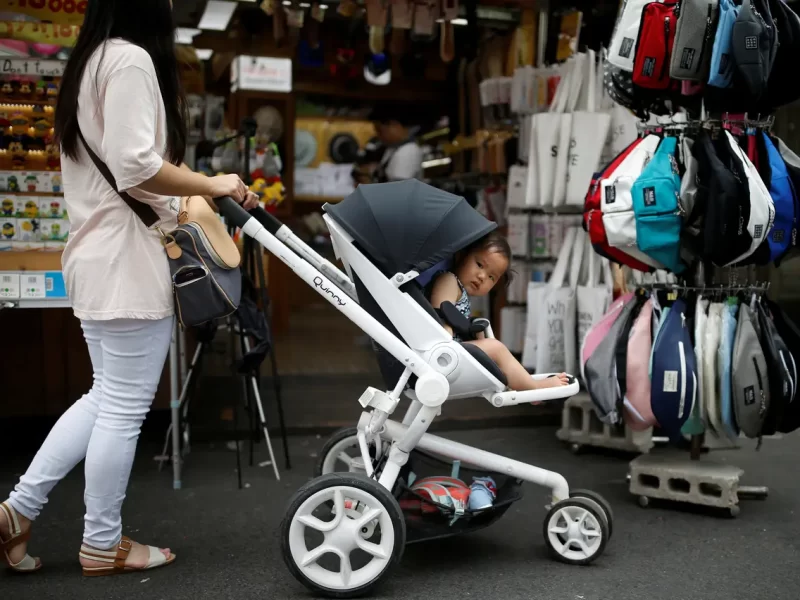South Korea is grappling with an unprecedented decline in fertility rates, hitting an all-time low. Despite pouring billions of dollars into initiatives aimed at boosting birth rates, the nation has witnessed its population dwindle for the fourth consecutive year. According to data released by South Korea’s National Statistics Office on Wednesday, the average number of babies per woman plummeted to 0.72 in 2023, down from 0.78 in 2022.
The South Korean government has made the enhancement of birth rates a top priority and has pledged to implement extraordinary measures to attain this objective. In addition to this commitment, major political parties have unveiled plans for increased public housing and loan relief in a bid to stem the tide of population decline. There is widespread concern that the dwindling birth rate could eventually lead to national extinction in the years to come.
Despite the allocation of over $270 billion towards childcare subsidies since 2006, efforts thus far have yielded little success. The parties are intensifying their focus on population growth with the aim of reversing the record-low fertility rates. Furthermore, marriage is seen as a prerequisite for childbearing in South Korea, but the number of marriages has declined significantly, largely due to the financial strain associated with starting a family.
Numerous experts attribute this decline in birth rates to various factors. Primarily, soaring property prices and childcare expenses have become increasingly difficult to manage, exacerbated by fierce competition in society for lucrative job opportunities. Women, in particular, face challenges in balancing their careers with household responsibilities and childcare duties.
South Korea is not alone in facing a population decline; Japan also reported a fertility rate of 1.26 in 2022, while China recorded 1.09. Seoul, the capital of South Korea, reported the lowest fertility rate in the country, standing at a mere 0.55 in 2023. Projections indicate that South Korea’s fertility rate is expected to further decrease to 0.68 in 2024.

